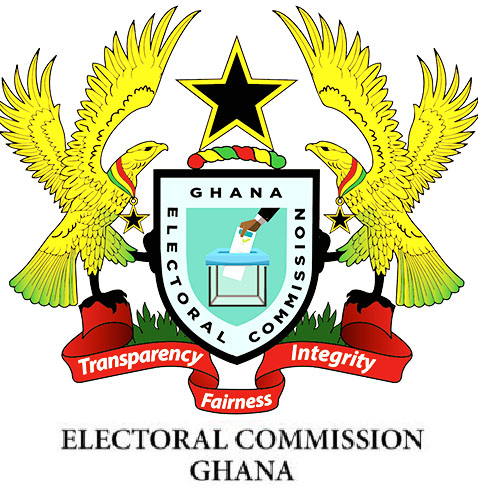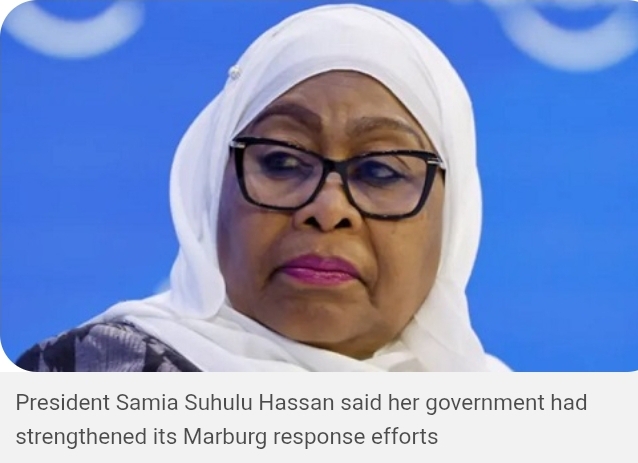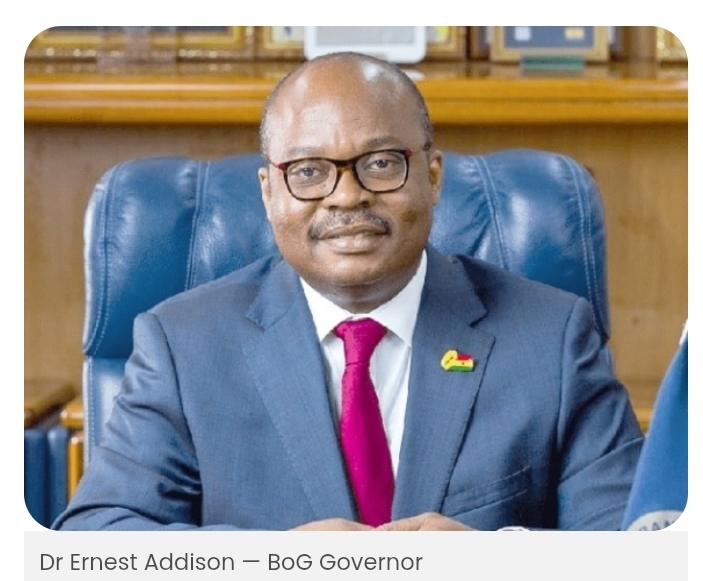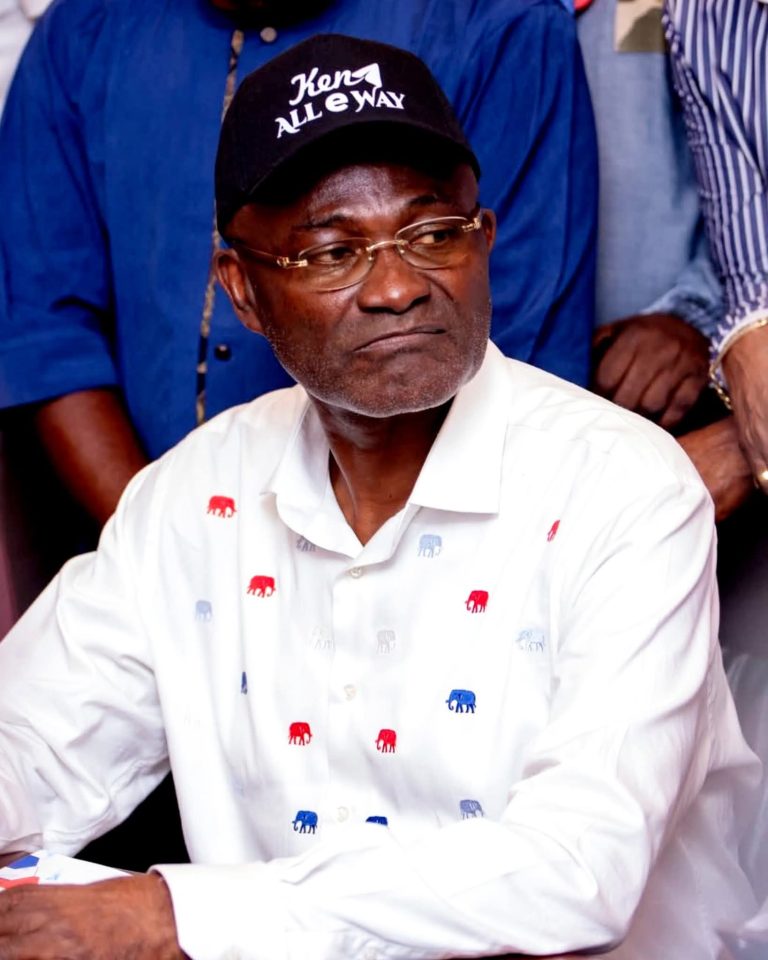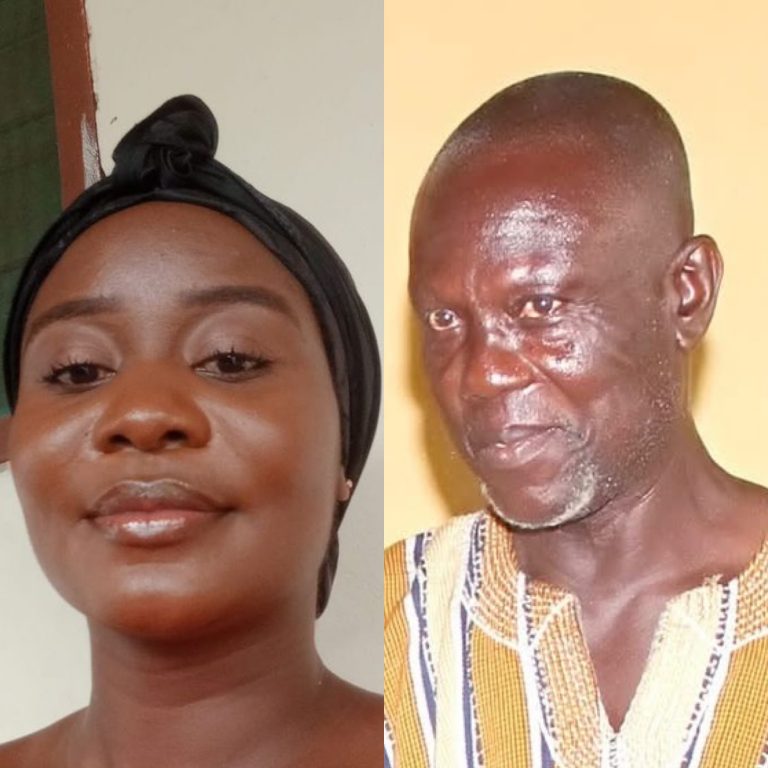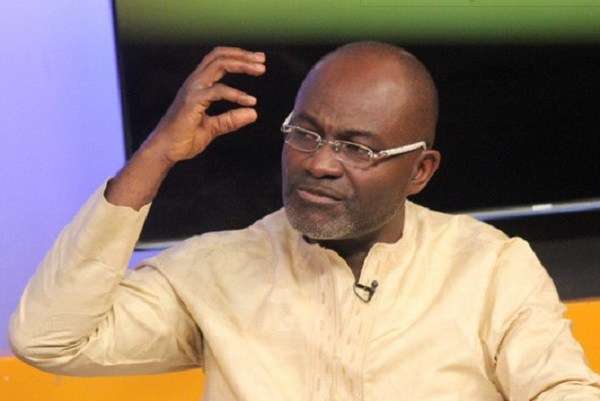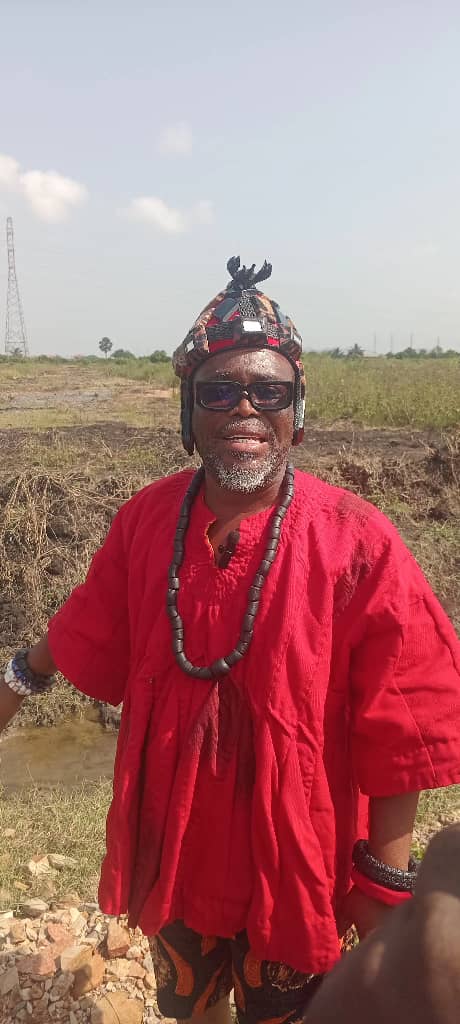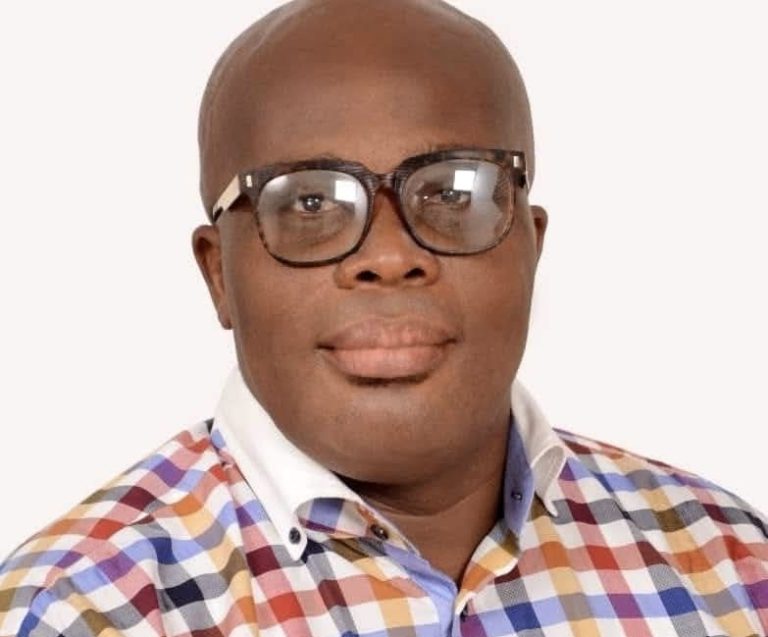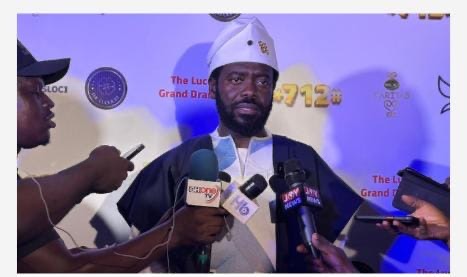At the recent Youth Connect Program organized by the National Emerging Leaders Economic Forum 2025 at the University of Professional Studies, Accra (UPSA), Hon. Kennedy Ohene Agyepong stunned the audience with a confession that could haunt his political career for years to come. It was a nothing short of shocking, a blanket condemnation of an entire profession and a powerful yet self-defeating contradiction from a man whose public persona thrives on self-righteous candor.
Asked by the host, Professor Mrs. Gaski Alarbi, whether politics had become attractive to young people in Ghana, Agyepong replied candidly: given how politics is practiced in this country, he doesn’t consider it appealing to the youth. The audience responded with polite applause when he added that most politicians rarely tell the truth. But the real shock came when he went further to say that, based on his own experience, he would never advise or encourage any of his children to go into politics.
That confession was more than an admission of guilt; it was a public indictment of his own political life and a vote of no confidence in the very institution he seeks to lead. It raises an obvious but troubling question: If politics is so corrupt and morally bankrupt that it is unworthy of his own children, why is Kennedy Agyepong himself pursuing the highest political office in Ghana? Here was a man actively seeking the presidency, confessing in public that the political arena is too dirty for his own children.
For a politician who prides himself on “speaking his mind,” this was perhaps his most self-defeating moment. His words left the host, co-panelist Dr. Frank Amoakohene, and many in the audience visibly stunned. To the youth gathered at UPSA, his message was disheartening, a senior politician declaring that the field he dominates isn’t worth entering. To his supporters, it revealed a man torn between ambition and disillusionment. For the wider public, it exposes the very crisis of credibility that defines Ghana’s political elite.
Kennedy Agyepong’s confession forces the public to ask some hard questions:
If politics is unfit for his children, what moral authority does he have to lead others’ children into it?
How can a man run for president while denouncing the very system he hopes to command?
It’s a contradiction that leaves him with only three unflattering possibilities:
Scenario A: He’s not telling the truth.
If he doesn’t truly believe politicians are liars, then his statement was a calculated ploy to win public sympathy, which ironically makes him the very liar in the class he condemned.
Scenario B: He’s a hypocrite.
If he truly believes politics is corrupt and unfit for his children, then seeking the presidency means willingly immersing himself in a system he has declared toxic. That’s a clear double standard.
Scenario C: Kennedy Agyepong is a megalomaniac.
He might believe himself the lone exception, the only honest man capable of cleansing a rotten system. That belief reflects not smart or moral courage, but arrogance and a dangerous messiah complex.
Every father is a role model to his children, and every leader a reflection of his values. Kennedy Agyepong’s confession exposes a profound moral and political contradiction: a man campaigning for the presidency while renouncing the very institution he seeks to lead. In truth, his so-called honesty doesn’t make him noble; it exposes his flaws and every “honest” admission he makes only magnifies the hypocrisy that defines his politics.
In the end, his “truth-telling” did not elevate him. It unmasked him.!
Watch Video Below
By Osɔfo Nii Naate Atswele Agbo Nartey


